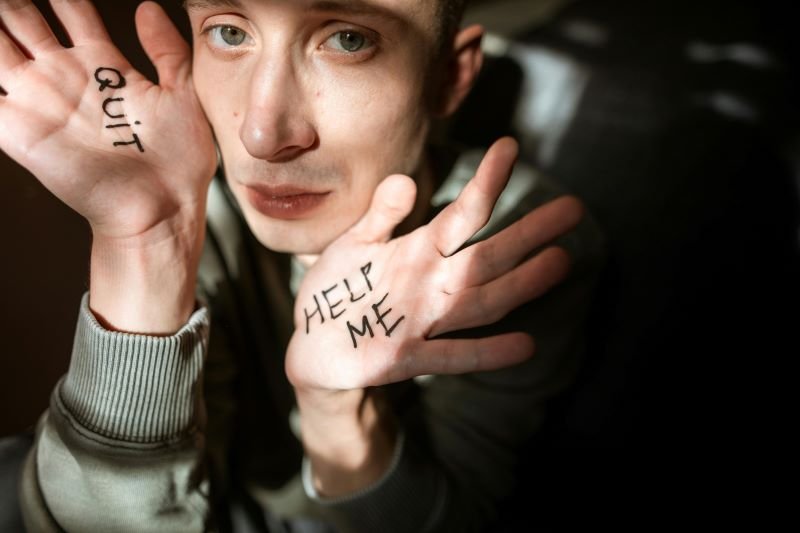Trauma, Abuse, and Stress-related Disorders
Trauma, abuse, and stress-related disorders are a group of mental health conditions that arise from exposure to a traumatic or stressful event. These disorders can affect individuals across various ages and backgrounds, leading to significant impairment in daily functioning and overall quality of life.
Click to Schedule an Appointment
UNDERSTANDING Trauma, Abuse, and Stress-related Disorders
A Comprehensive Guide
Understanding trauma, abuse, and stress-related disorders and their causes is crucial for providing appropriate support and interventions to those affected.
What is
Trauma, Abuse, and Stress-related Disorders?
Trauma, abuse, and stress-related disorders encompass a range of conditions that arise from exposure to traumatic or stressful events. Each disorder has its unique features and requires tailored treatment approaches.
causes of
Trauma, Abuse, and Stress-related Disorders
Trauma, abuse, and stress-related disorders can be caused by natural disasters, accidents, war, assault, or abuse (physical, emotional, or sexual) as well as by personal factors such as genetic predisposition, personality traits, pre-existing mental health conditions, or by environmental and social factors such as lack of social support, ongoing stress, exposure to repeated trauma.

TYPES OF
Trauma, Abuse, and Stress-related Disorders
There are several different types of Trauma, Abuse, and Stress-related Disorders, each with its own set of symptoms and characteristics. Some of the most common types of Trauma, Abuse, and Stress-related Disorders include:
Post-Traumatic Stress Disorder (PTSD)
PTSD is a mental health condition triggered by experiencing or witnessing a traumatic event, such as natural disasters, accidents, war, or assault.
Acute Stress Disorder (ASD)
ASD occurs in response to a traumatic event and lasts for a short duration, typically within the first month after the event.
Adjustment Disorders
Adjustment disorders occur in response to a significant life change or stressor, leading to emotional or behavioral symptoms.
Reactive Attachment Disorder (RAD)
RAD is a condition found in children who have experienced severe neglect or lack of attachment to primary caregivers, leading to difficulties in forming healthy emotional bonds.
Disinhibited Social Engagement Disorder (DSED)
DSED is characterized by a pattern of behavior in which a child actively approaches and interacts with unfamiliar adults, often resulting from a history of severe neglect or social deprivation.
Complex PTSD (C-PTSD)
Complex PTSD arises from prolonged or repeated trauma, particularly in cases of chronic abuse or captivity, often during childhood.









